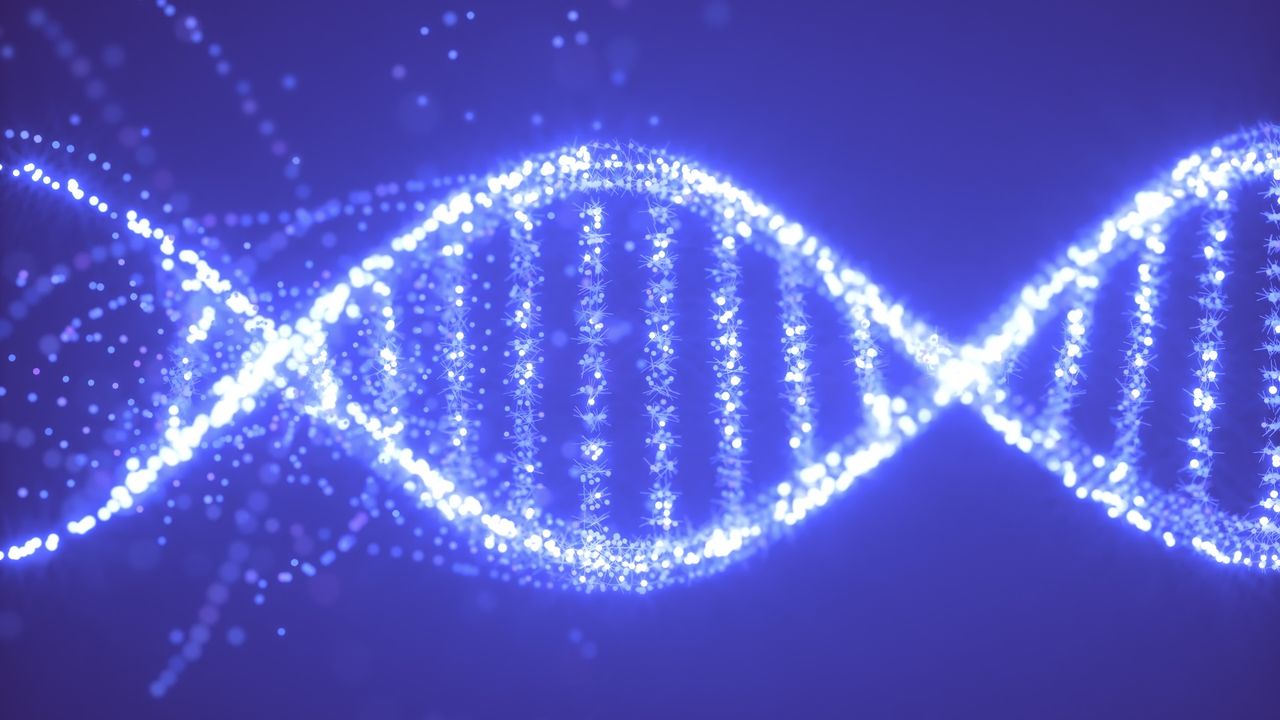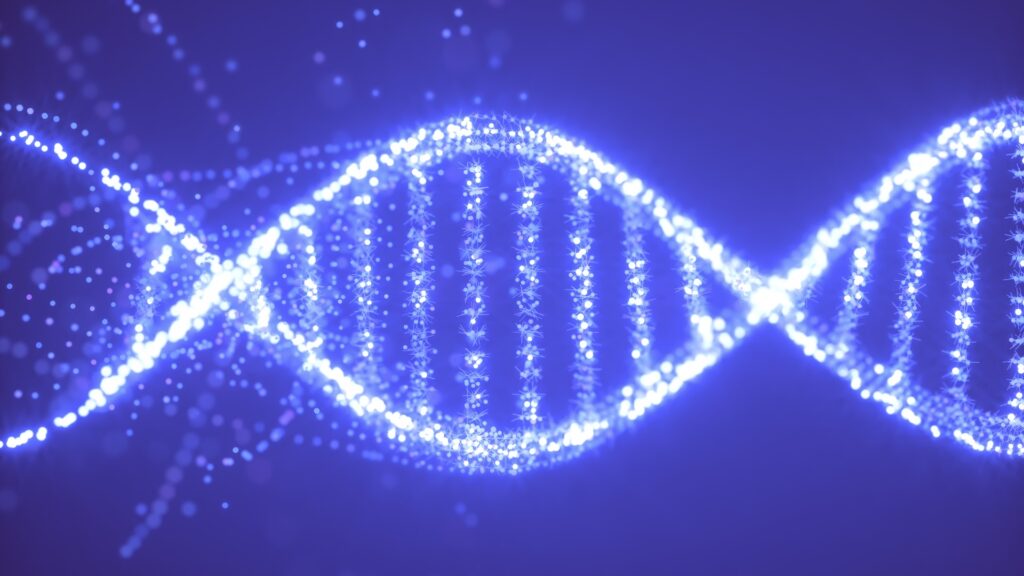
Millions of years ago, humans’ ancestors lost the function of a specific gene — but switching that gene back on could help protect people from gout, a new experimental study suggests.
Gout is a type of arthritis that causes sudden, severe pain and swelling in the joints. It happens when there is too much uric acid in the blood, which can form sharp crystals in the joints, triggering painful inflammation. The painful attacks can come on quickly and may last for days or weeks.
While there are several drugs that have been developed to manage elevated uric acid levels, many have either seen limited success or significant drawbacks, including side effects like harmful immune responses.
But in a study published July 18 in the journal Scientific Reports, researchers developed a potential new method of reducing uric acid: They restored the function of a gene humans lost millions of years ago with the help of CRISPR gene editing.
“Human cells still know what to do with that protein” made by the lost gene, study co-author Eric Gaucher, a geneticist at Georgia State University, told Live Science. A postdoctoral scholar in Gaucher’s lab, Lais de Lima Balico, was the second co-author on the study.
So far, the researchers have explored the idea only in lab studies with human cells, but they say their results suggest that a gene therapy could someday be a viable option for patients with gout.
While gout is a fairly common condition that affects 1 in 25 people worldwide, it is very rare in mammals other than primates. This is because other animals have an active gene for an enzyme called uricase, which breaks down uric acid in the blood and thereby prevents the formation of crystals. However, due to a number of mutations picked up over our evolutionary history, the uricase enzyme in humans cannot process uric acid. Some researchers believe this happened because increased levels of uric acid can also turn fruit sugar into fat, helping primates survive winters and grow bigger brains.
Related: US baby receives first-ever customized CRISPR treatment for genetic disease
Researchers had previously identified which ancient genes may have been responsible for producing uricase by inferring ancestral genes. This means figuring out what the genes of ancient organisms looked like by studying the DNA of living species today. Scientists compare the genes of different animals or people, use computer programs to build family trees, and then make educated guesses about what the original, ancient gene sequences were. Once they have a good idea of what those old genes looked like, they can recreate and “resurrect” the ancient proteins that the genes encode in the lab and possibly open the door to new therapies.
In the new study, researchers used CRISPR gene editing to insert the ancient uricase gene into the genomes of human liver spheroids. Spheroids are 3D blobs of lab-grown tissues that mimic complex, full-size organs found in the body. The insertion of the ancient gene resulted in a drop in uric acid, as well as a reduction in fat buildup related to fruit sugars.
There are existing gout therapies that use uricase to manage high levels of uric acid; for example, the treatment Krystexxa involves injections of uricase proteins made using a combination of pig and baboon gene sequences. However, these protein-based therapeutics often elicit strong immune responses and require clinical monitoring due to the risk of anaphylactic shock.
By contrast, a gene therapy that restores the original, ancient human gene sequence could enable the body’s own cells to produce uricase. In theory, the immune reactions could be minimized because much of the uricase protein sequence is already recognized and accepted by the human body.
But the researchers have a long way to go before such a gene therapy could be used in human patients. For next steps, they are transitioning from liver spheroids to lab mice, and they’re using nanoparticle delivery systems that introduce CRISPR gene-editing components directly into liver cells.
Such a gene therapy has the potential to transform gout treatment by providing a long-lasting and possibly safer alternative to current therapies, the researchers say. Gene-editing therapies like this, however, are still in early stages of development.
The researchers hope that this approach — of taking and adapting ancient genes for modern therapies — could be more broadly applied in the future.
“My ultimate goal is to be able to wed molecular evolution and clinical medicine,” Gaucher said. “Ideally we can use ancient proteins or ancient enzymes to develop therapeutics to help modern society.”
This article is for informational purposes only and is not meant to offer medical advice.
